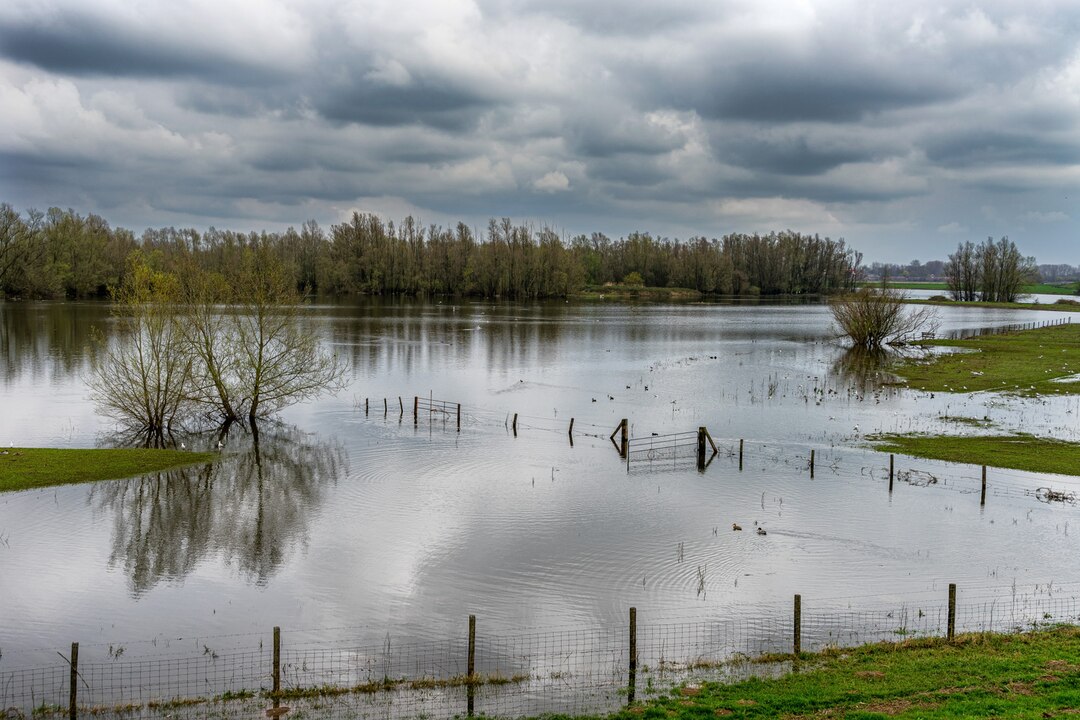Farmers across Botswana are grappling with the devastating impact of continuous heavy rains, which have flooded farmlands, destroyed infrastructure, and dashed hopes for a successful harvest.
While the rains were initially welcomed after years of climate change-induced droughts and poor harvests, the prolonged downpour has brought significant challenges, particularly for farmers. Reports of flooding, damaged roads, and submerged fields have left many farmers unable to plant or harvest their crops.
In Tonota, tragedy struck when two bodies were recovered from the Tholotsane River on December 26, 2024, after a group of individuals was swept away by floods. Such incidents have left communities wary and hesitant to visit their fields amid the unpredictable weather conditions.
Challenges for Farmers
Steven Pillar, Chairperson of the Tonota, Tutume, and Masunga (TOTUMA) Commercial Farmers Association, outlined the challenges farmers are facing. While farmers were optimistic about the rain, the persistent downpour has rendered fields too wet for tractors, making ploughing and planting nearly impossible.
“Some farmers are struggling to harrow the soil due to excessive moisture, while others have had their fences and crops washed away by floods,” said Pillar. Even those who planted on time are struggling to harvest their produce.
Pillar also noted that crops like beans, which require sunshine to grow, are particularly affected by the continuous rain. Farmers who had secured lucrative supply agreements, such as groundnuts and sunflower deals with companies in the SPEDU region, are now unable to meet their commitments due to the unfavorable weather.
Adjusting to the Rainfall
To adapt to the heavy rains, Pillar encouraged farmers to grow crops that are more resistant to wet conditions, such as sugar beans and hybrid sorghum. However, he emphasized that for successful planting, the rains need to subside for at least a week.
Flooding has also destroyed access roads to many farms, forcing farmers to walk long distances to reach their fields. This, combined with reports of flood-related fatalities, has created anxiety among farmers, further delaying agricultural activities.
A Call for Support
Pillar urged farmers to remain vigilant and prioritize their safety when accessing their fields. He also called on authorities to provide assistance, such as improving drainage systems and restoring access roads, to help farmers recover from the damage.
As Botswana continues to face unpredictable weather patterns linked to climate change, the agricultural sector remains vulnerable. The heavy rains, while offering relief from drought, have highlighted the urgent need for infrastructure development and climate-resilient farming practices.
For now, the country’s farmers can only hope for a break in the rain, allowing them to salvage what remains of their planting season and rebuild their livelihoods.










